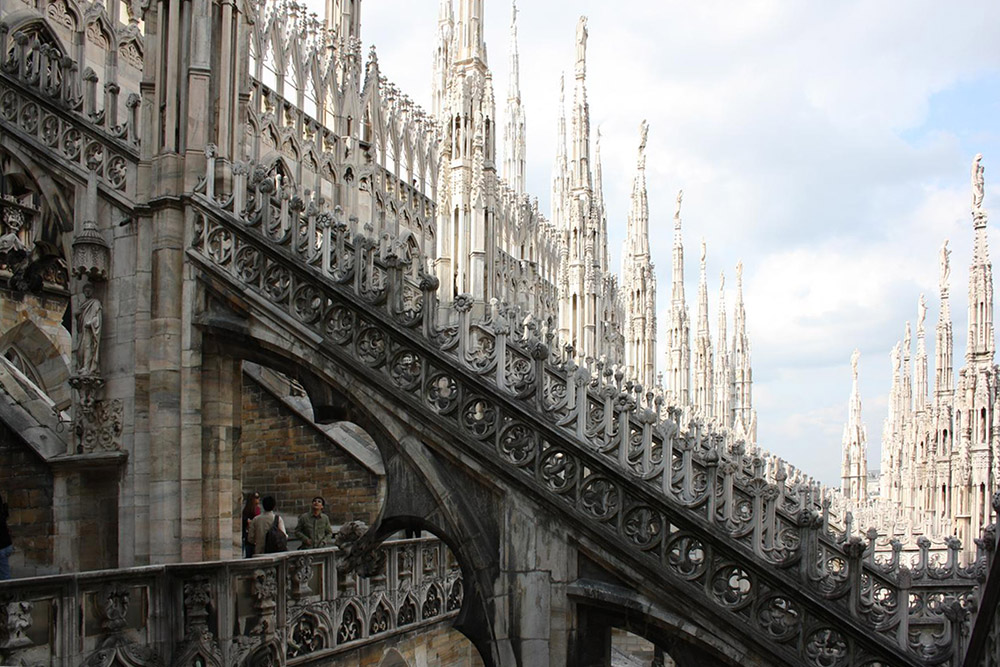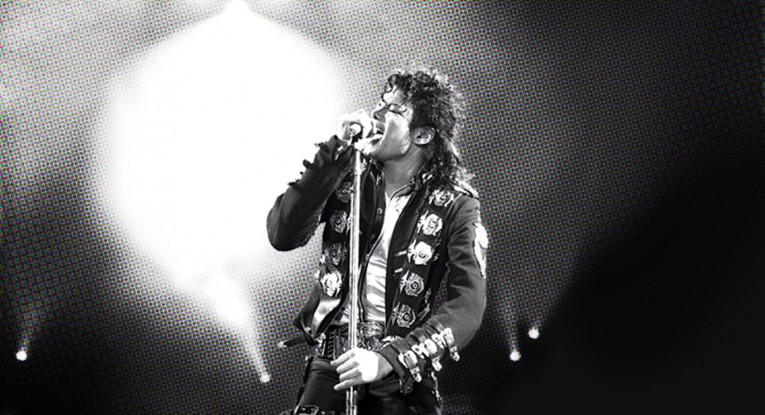“Man in the Mirror”, Part 2
In my last blog I quoted the amazing Michael Jackson’s 1988 hit song Man in the Mirror, and pointed out how true this is today: that for real change to come about in our world, it has to begin with each and every one of us.
Continuing on, then, what does that take? As I also pointed out, it certainly isn’t easy. I know of what I speak—I had to put myself through serious personal changes to shake off my difficult childhood and bring myself to where I am today.
Here are some steps with which I think everyone could agree, and where each one of us could start.
#1: Treat Others With Respect
To some of us it comes naturally, and to others it doesn’t: to treat others with dignity and respect. Listen to what they have to say, and make an effort to really care about them.
In making a conscious effort to do this, you’ll discover some remarkable things:
- When people are treated with respect, they often respond in kind and return the favor. They’ll be much more willing to help you get what you need and to work with you, and be more of a friend to you.
- In practicing this on a day-to-day basis, you’ll become aware of characteristics in people that you didn’t see before—that there are a lot more “good people” out there than you might have previously thought. Such characteristics only come into view when you look for them—and much of the time when you look for them, they are there.
- You’ll find yourself a lot more popular, and with a greater reputation. People always talk about other people—but when they talk about you it will likely be a lot more good than bad.
#2: But… It Begins With Yourself
It will be found, though, that anyone truly having trouble respecting others most likely has a problem respecting themselves.
Many people are not happy with their lives. They’re not happy with what they do, what they’ve accomplished. The end result is they don’t really like themselves—and if you don’t like yourself, it’s a major task to like others; some would say an impossible task.
Such people would do well to reassess their lives, what they do and what they have done. They might have to look long and hard—since they’ve so conditioned themselves against it—but they will find things they’ve done and things they are doing of which they can be proud. From there, a person can make changes in their lives, perhaps, of things of which they aren’t proud or that they hate doing.
Once you begin actually respecting yourself, it becomes easier to respect and accept others. In fact you will find it will be easier to judge and understand others, too, because you’re not coming from a place of self-loathing. You can see (where perhaps you couldn’t before) when someone else is not so happy with themselves and grasp that “this isn’t a happy person.” Where before you might have reacted in anger or frustration to something they do, you’re more prone to let it pass and perhaps help them get along better.
On a broader basis, you’ll find that you don’t react so often from a place of emotion. Emotion can cloud judgment, so your evaluation of life situations will be more capable and intelligent.

#3: Patience
How quickly can all of this be done? Can you simply decide to respect yourself when you go to sleep one night, and wake up the next morning totally changed? Feel free to try it—but prepare yourself to be disappointed. The next day those old feelings creep back in. Your old patterns reassert themselves. At the end of the day you find that have pretty much the same regard for yourself and others that you started with.
We live in a society conditioned to instant gratification. We want it all, and we want it now. The Industrial Revolution and all the technical innovations that have occurred since that time have enabled this attitude, which has now unfortunately pervaded every corner of our lives.
Prior to the industrial revolution, people knew how long it could take to create a truly high-quality product. An extreme example is the Milan Cathedral (Duomo di Milano) in Milan, Italy. Building of the cathedral began in 1386. Nearly 6 centuries later, in 1965, it was finally completed. The original designers of the cathedral—and many others who forwarded its progress—didn’t even live to see it finished. People stand before the cathedral today in total awe of the incredible detail and artistry that were so evidently invested in it.
You obviously don’t have 6 centuries in which to turn your life around. But there’s no getting around the fact that creation of a truly quality product takes time, despite our society dictates to the contrary. More importantly it takes patience; if the builders of the Milan Cathedral at any time had decided to become totally impatient (as they most certainly would today) it would never have been built and the world would have been denied this breathtaking work of architectural artistry.
Likewise you must have patience with yourself. In learning to respect yourself, and then others, you are undoing patterns that are likely well-engrained. You have to practice patience with yourself, and others. It take consistence and endurance to pull it off. And once again, I know of what I speak: it’s something I have to practice every day. But in doing so I have turned my life completely around.
So to sum it all up, we live on a troubled planet. The best possible place to begin repairing it is right at home—first with ourselves, and then others in our lives. We all want to eliminate war and criminality from our world. Start with “the man in the mirror”—and go from there.








Leave a Reply
Want to join the discussion?Feel free to contribute!